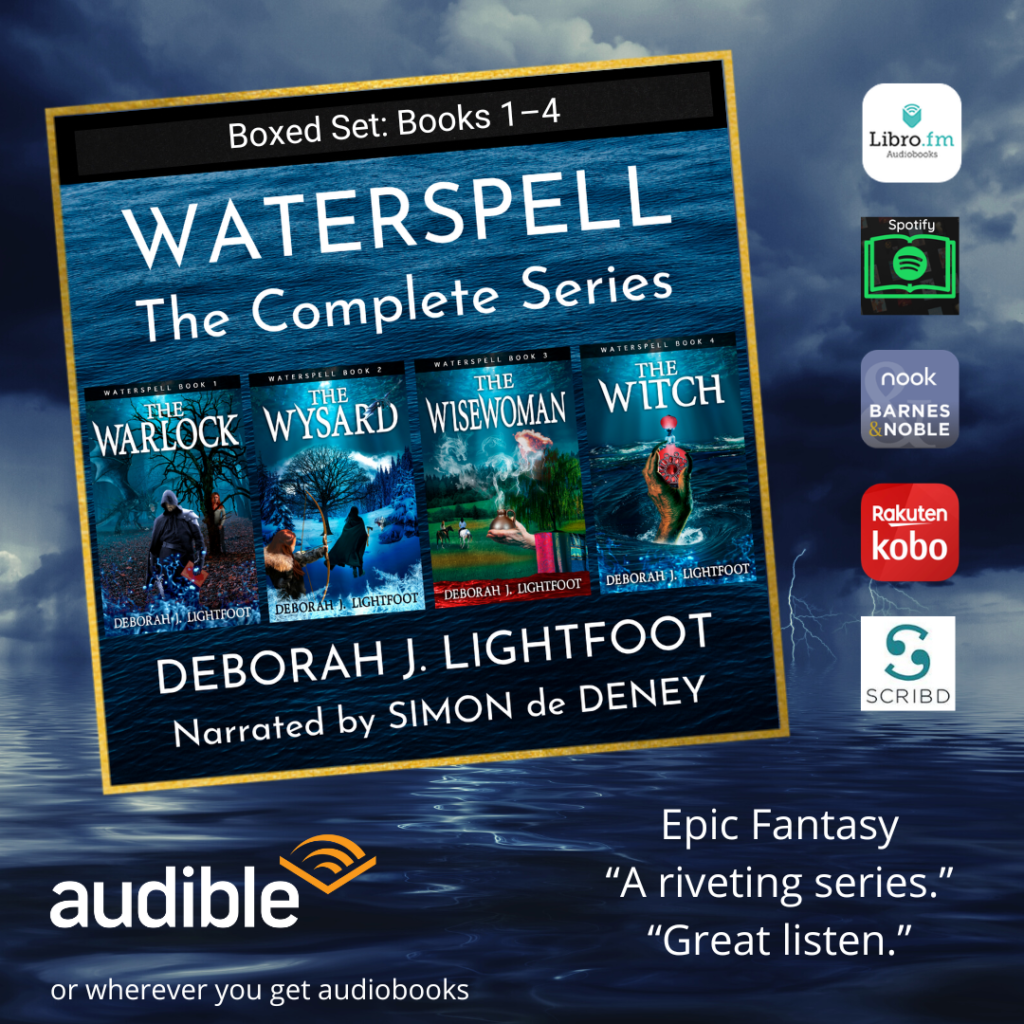
It pays to prowl through one’s bookshelves occasionally. Tucked away on mine, I found four Great Courses (lectures from The Teaching Company) that I’d forgotten I owned. They were still in their shrink-wrap.
Of the four, I gravitated immediately to “The Terror of History: Mystics, Heretics, and Witches in the Western Tradition,” taught by Teofilo F. Ruiz, Ph.D., history professor at UCLA.
Two-thirds of the course (lectures 1 through 13) dealt with Christian mystics and Christian notions of heresy, which mostly left me shaking my head at the horrific damage that organized, institutionalized religion (in all its forms) has inflicted upon human society and hapless individuals, from ancient times to the present day.
By far, the most interesting thing in those opening lectures was a passing reference to “quest literature” and the professor’s comment that there are really only two kinds of literature:
● The Quest — the searching for something
● The Coming of Age — growing up
You might have heard it argued (elsewhere) that there are six core types of stories:
1. Rags to riches – a steady rise from bad to good fortune
2. Riches to rags – a fall from good fortune to bad, a tragedy
3. Icarus – a rise, then a fall in fortune
4. Oedipus – a fall, a rise, then a fall again
5. Cinderella – rise, fall, rise
6. Man in a hole – fall, rise
Smh again. That list seems overly complex and obviously repetitive. I prefer Professor Ruiz’s neatly succinct take on the matter, for it appears to me that the six “types” of stories can all be folded into his two kinds of literature.
All of that business about good and bad fortune falls under the heading of a Quest. Characters go seeking greener pastures or pursuing happiness. They may or may not find what they seek. They may rise, they may fall, they may succeed or fail in their quest.
Just as clearly, Cinderella and Icarus are Coming of Age stories. Cinderella is an archetypal model (now outdated) of female coming-of-age: she found her Prince Charming. On the male side, Icarus is a story of youthful hubris, of a son’s folly in ignoring his wise old father’s instructions, and thus failing to reach manhood.
Perhaps I’m especially drawn to Professor Ruiz’s “two kinds of literature” because my Waterspell series fits perfectly into his view of the matter. Waterspell tells of a quest (the characters travel far, do great deeds, and eventually make their way home). It’s also the story of a young woman’s coming of age, of discovering her inner strength and making a place for herself in a world where she didn’t think she belonged.
So count me on your side of the argument, Professor Teo. There are only two kinds of literature.








